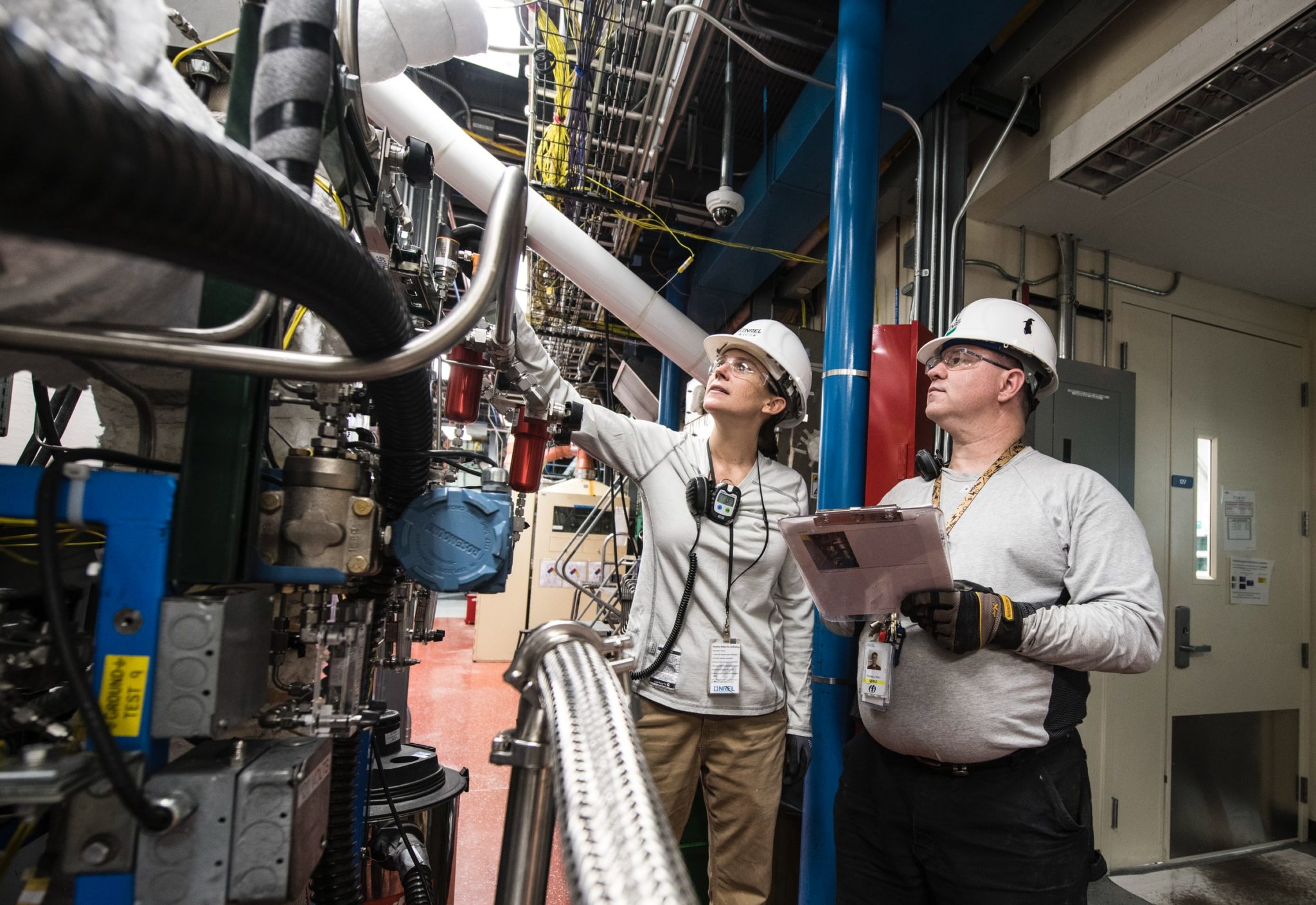
For foreign investors, there are various factors to consider before starting a foreign business in Australia. Depending on the operation and industry relevant for the business, these factors can also vary. Generally, starting a business in Australia for foreigners need to consider factors including business structure, human resources and taxation.
Choose Business Structure and IP
The structure for your business in Australia is the first and most crucial consideration as it can affect your taxation and reporting obligations.
There are two options for establishing your business in Australia, either through
- creating a new entity; or
- by registering your foreign company.
Should you choose to carry on business in Australia under your foreign company, this company will need to be registered with the Australian Securities and Investments Commission (ASIC). ASIC is the Australian corporate and financial services regulator. There are certain guidelines for registration of foreign companies which can be accessed here.
In the alternative, a new Australian company can be established which must also be registered with ASIC. Various requirements and provisions relating to constitutions of Australian companies need to be considered.
Directors Ordinary Residence
Proprietary companies must have at least one director which ordinarily resides in Australia. Public companies must have at least 2 directors that ordinarily reside in Australia. There is no distinct definition for what is meant by ordinarily residing in Australia. To understand its meaning, there is often reference made to the Australian Taxation Office (ATO) interpretation of residing in Australia. It is always important to receive appropriate advice regarding this issue. Not having legal advice in place could cost you more time, money and unnecessary stress.
Check Company Name Availability
Other requirements outlined by ASIC include company name availability. Your company name cannot have the same name as an existing one. You can check whether your proposed company name already exists by using the ASIC register. You can also reserve a company name.
Decide on the Shareholders & Share Structure
Careful consideration must also be had on the share structure for the company. Depending on the share structure for the company, it may be beneficial for the parties to consider a shareholders agreement. A shareholders agreement can be drafted to govern the relationship between shareholders, specifying responsibilities and rights of each shareholder. It is generally recommended that shareholders agreements are considered and executed on the outset, when the parties have an amicable commercial relationship.
If there is any intellectual property, the corporate structure of the business can be set out to best protect such interests from vulnerability. Where there is intellectual property to protect, it is generally beneficial to register a trade mark as early as possible as trade marks are given priority depending on when an application was lodged.
Human Resources Consideration
Foreign Investment in Australia involves a comprehensive analysis of Australia’s foreign investment policy and practical guidance. Strategic human resource management is needed for successful foreign direct investment in Australia.
Premises for Business Operations
Depending on the business being migrated, you may also need to consider the premises from which your business will operate. This may mean that you will either need a commercial leasing arrangement or to acquire commercial real estate. Both of these processes will require appropriate legal advice to allow the business to make the best decision for its operations.
Taxation
The following summary provides a brief outline of the tax issues that may be applicable to a foreign entity doing business in Australia.
Taxation and Competition and Consumer Act
The company will need to report to the ATO and must obtain a tax file number. There are a number of tax obligations to consider including complex taxation implications where your overseas business has dealings with the business in Australia.
In Australia, businesses must also comply with the Competition and Consumer Act 2010 (Cth). The purpose of this legislation is to promote fair trading and competition in the Australian market whilst providing necessary protection for consumers. Generally, the principles under the legislation are anti-competitive contracting, product warranties and liabilities, unfair or unreasonable contracts and misleading or deceptive conduct. It is important that a business is in compliance with the rules under this legislation as there can be significant consequences.
HR Challenges when Investing in Australia
Employing Australian Employees or Overseas Employees
The Fair Work Act 2009 (Cth) (the FW Act) is expressed to cover ‘National System Employers’, which is defined as a ‘constitutional corporation, so far as it employs, or usually employs, an individual’. Pursuant to section 51(xx) of the Australian Constitution, the term ‘constitutional corporation’ is defined as ‘Foreign corporations, and trading or financial corporations formed within the limits of the Commonwealth’. It is therefore clear that a foreign company, incorporated under foreign law, can be regarded as a National System Employer (where it employs employees to work in Australia) covered by the provisions of the FW Act. Decisions of the Fair Work Commission and Federal Circuit Court have upheld this position.
Of course, a foreign entity is merely ‘eligible’ to be considered a National System Employer and therefore covered by the FW Act. In order to conclusively determine if a foreign company is obliged to comply with the FW Act, the proper test is identifying whether there is an “appropriate connection linking the employment relationship sufficiently with Australia”.[1]
Examples
In the matter of FWO v Valuair Limited (No.2)[2], it was found that airline cabin crew, who did not reside in Australia and were simply in Australia on a transient basis, lacked a significant connection to Australia. Their employment contracts were made outside of Australia, their wages (and tax) were calculated and paid outside of Australia, and their work schedules started and finished outside Australia (despite some cabin crew staying temporarily in Australia for up to four (4) days).
In the matter of Holmes v Balance Water & Anor[3], the employee performed work in the United States for a company incorporated in same. The employee was paid in US currency, provided a US address and paid US State and Federal taxes. Relevantly, she had also performed work for the US based company whilst in France and there were no contractual terms as to her location of work. The nature of her work allowed her to work remotely. When the employee returned to Australia from the US, she voluntarily informed the US company she wished to maintain the pre-existing arrangements of being paid in US currency and paying US taxes. Having regard to this fact, the Court held the employee intended her employment to be substantially linked with the US, as opposed to Australia. Accordingly, an insufficient connection was established, and it was held the FW Act did not apply to the US company.
The above matters are contrasted with FWO v Chia Tung Development Corp & Anor[4] where the employees were provided employment contracts stipulating their place of employment to be Australia. They were residents of Australia (on a work visa) for significant periods of time and performed physical work within Australia. It could not be said their work was of a transient nature, despite the employees previously performing work in other countries. Relevantly, they ceased performing work in other countries and exclusively performed their work in Australia.
Practical tips for Foreigner Businesses
Whilst the case law makes it clear each matter is to be decided on its own facts, the following guidelines may provide tips for foreign businesses wishing to start work in Australia.
Tip 1 – Consider whether location is critical
- If an employee is capable of performing their duties remotely (e.g. a web designer or a computer programmer), consider whether they are actually required to perform their duties in Australia.
- Consider the level of interaction required with Australia
- Will employees be required to meet with Australian customers and clients?
- Are employees specifically required to come to Australia?
- Is the work performed intended to benefit an overseas entity?
- Are there any relocation expectations?
Tip 2 – Consider the length of stay in Australia
- If an employee is merely in Australia to meet with a client or perform a discrete project/task and then return to their home country, the work involved may not have a sufficient connection to Australia.
- Consider whether the employee must permanently relocate to Australia until such time the employment relationship ends. Ongoing employment might be indicative of a link to Australia.
- Determine whether the employee will be required to travel outside Australia simultaneously whilst performing work in Australia (i.e. is the employee required to work exclusively in Australia).
Tip 3 – Consider the logistics involved
- Consider whether the employee will be employed by an Australian entity (such as a subsidiary company) or by an overseas entity (i.e. which jurisdiction the employment contract is legally formed).
- Consider which currency the employee will be paid and the country where taxation will be applied.
- Review the reporting structure of the employee
- Will the employee be required to report directly to employees of an overseas entity or an Australian entity?
- Consider whether the employee is ultimately required to return to their home country as a condition of their employment.
If there is a sufficient connection linking the employment relationship to Australia, the employment laws in Australia may apply to employees of foreign businesses whilst they are working in Australia.
Other types of workers
These requirements may well include but is not limited to
- compliance with requirements to pay minimum wages,
- the obligation to take out a workers’ compensation policy for the employees; and
- the education of employees on anti-discrimination laws.
Foreign businesses should also be aware that engaging independent contractors in Australia may differ from their own jurisdiction – it tends to be much more difficult to engage contractors in Australia because of our protective employment laws.
The money and time it takes to start and run a business in Australia varies greatly. It depends on the type of business you’d like to run and the supplies and licences you need. To help you understand what’s involved, NB Lawyers | Lawyers for Employers can provide obligation-free consultation with tailored information relevant to your business type, industry and location that includes:
- licences
- regulations
- council approvals
- compliance requirements
Looking to set up a business in Australia? Consider contacting our office to get the best advice for your circumstances. Get in touch with NB Lawyers – Lawyers for Employers undertake and book an obligation free consultation. Reach out via [email protected] or +61 (07) 3876 5111 to book a consultation.
If you got value out of this article email [email protected] or click on this link to subscribe to our value added newsletter.
Written By

Associate
NB Lawyers – Lawyers for Employers
Dan Chen is a lawyer at NB Lawyers – Lawyers for Employers, and specialises in employment law. Dan is passionate about assisting business owners, small and large understand their obligations under Australia’s complex workplace relations system

Daniel Dash
Senior Associate
NB Lawyers – lawyers for employers
[email protected]
+61 (07) 3876 5111
Daniel Dash is part of the commercial law team at NB Lawyers – lawyers for employers working with individuals and business owners on a range of matters including business sales, property disputes, estate disputes, shareholder agreements, intellectual property, litigation and taxation matters.
[1] Fair Work Ombudsman v Valuair Limited (No 2) [2014] FCA 759 at paragraph 75.
[2] Ibid.
[3] Holmes v Balance Water Inc & Ors (No.2) [2015] FCCA 1093.
[4] Fair Work Ombudsman v Chia Tung Development Corp Ltd & Anor [2016] FCCA 2777.

